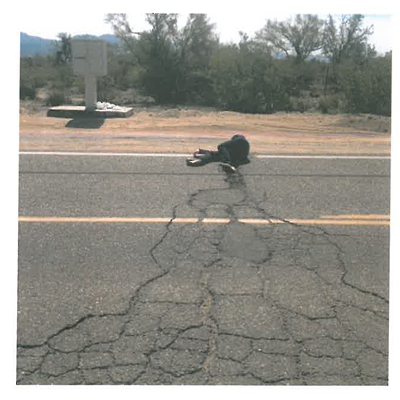Boyer has another claim to fame as the husband of award-winning poet and novelist Jane Candia Coleman. They recently moved to Tucson after a long residence in Rodeo, N.M.
Boyer's critics attack his methods, primarily his use of fictional narrative and dialog to fill in historical holes or discrepancies. Boyer didn't invent the technique--try Capote, Mailer and Vidal, among others. What those critics have been unable to do is tell us what he got wrong.
Morgette and the Shadow Bomber is the sixth item in the Morgette series. It takes place in Idaho in 1892, and while the Morgettes are into ranching, it centers on that other big ticket item that defined the era for many Western states: mining. It revolves around the labor problems also common then in a fictional town called Pine Bluff, which resembles Coeur d'Alene, and mysterious bombings taking place there. Some are solved; one never is until the end, which makes this a mystery story, too. Boyer does a great job of reminding us of the early tensions between labor and capital, and gives us a number of great characters along the way, many of whom are real historical figures while others are based on them.
Dolf Morgette is the type of character once far more common in American fiction: the uncompromising, heroic kind played by John Wayne or Randolph Scott, with a touch of Wyatt Earp. The real Wyatt Earp actually has a cameo appearance. I first thought Boyer, who is known not only as a premier Wyatt Earp chronicler but a practical joker, was pulling our leg until I discovered Earp really was in Idaho in 1892 working for Wells Fargo.
Other historical figures have parts, including Ambrose Bierce, and a host of fictional characters who clearly resemble real folks, from Chief Henry's similarities to Chief Joseph and Hearst lady reporter Doe Darling, who has much in common with the famous Nellie Bly. (You'll come off with a different take on Hearst, too, after this. He agitated against many big business types a la Nader back then, and hired some top reporters, like Bierce.) I'm sure I missed some, but I caught the jailer who is obviously based on Tombstone's Billy Breckenridge.
A common theme throughout Boyer's novels is the problems that occur when the first-generation Western settlers are replaced by the out-of-town owner and landlord--and the political and other conflicts that causes. (Kinda like the Arizona Daily Star and Pulitzer. Did you think Arizona was alone?) One of his archetypes is the "colonial administrator" sent in to control the local peasants and shovel money back to the home office. (Think Jane Amari.) Another is a not unfavorable view of settling some matters "out of court," a practice once more common or at least more acceptable. "He needed killin'" was once a centerpiece defense, assuming the perp was ever identified and apprehended. Neither theme is original with the author, but he uses them consistently and well to illustrate how people then really thought and what their motivations were.
Those familiar with Boyer's earlier novels will note again the many references to family, kids, horses, dogs and food. And scenery and geography--kind of like The Waltons packing heat. In 1890's Idaho, many did--and for good reason. (Some still do--same reason.) Same for the balance of the series which ranges throughout the West and goes beyond that magic date of 1890, when the frontier theoretically "closed." Lots of folks didn't notice.
Those who love the Western genre, from Zane Grey to Louis L'Amour, should meet Dolf Morgette in this and the many other settings Boyer has placed him in. He's their kind of guy. And they might want to look up some of those controversial nonfiction works of Boyer's too and make their own decisions. Movies like Tombstone and Kevin Costner's Wyatt Earp got a whole lot closer to reality than earlier efforts like My Darling Clementine and Gunfight at the O.K. Corral because of Glenn Boyer even if he never made the credits.








